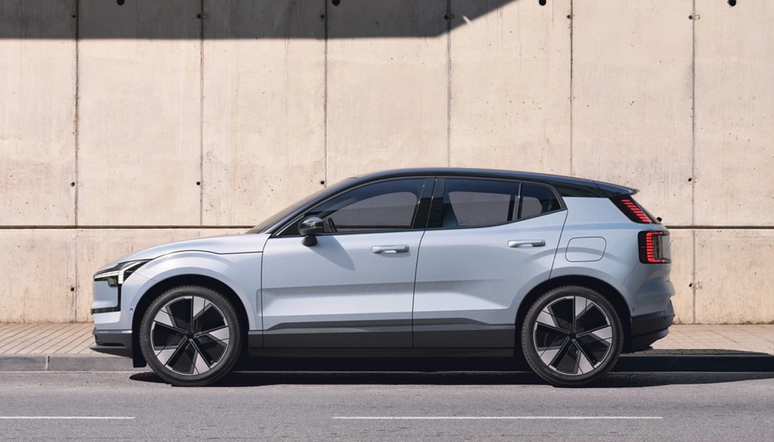Driving an electric vehicle would cost around R$2.20 per km and with a traditional vehicle R$1.90; understand the calculation
Reload one electric vehicle Well yes, cheaper than powering a combustion vehicleif you consider the kilometer travelled. But having a car of this type will not always be more advantageous, explains the professor. Jose Roberto Moreirafrom USP Electric Power Institute (IEEE-USP).
Receive the main news directly on WhatsApp! Subscribe to the Terra channel
The professor, who boasts more than 30 years of experience in the energy field, did so at the request of the Earth a calculation to evaluate which model is cheaper. Considering some variables, he came to the conclusion that Driving an electric vehicle would cost around R$2.20 per km, while driving a traditional vehicle would cost around R$1.90.
“You have to consider its price, the investment you make, you have to consider the energy it consumes, its resale price after it has been used. And when you do all this compilation, also considering what you could do with your invested capital, we arrived at this conclusion,” explains Moreira.
The professor emphasizes that this difference is mainly due to high value of electric car sales in Brazil. Currently, the lowest price is the Renault Kwid E-Tech model, selling from R $ 99,000. Meanwhile, the cheapest zero-combustion car today is the Fiat Mobi, at around R$73,990.
The electric Kwid is the only model under R $ 100,000. Next, the BYD Dolphin Mini, which costs around R$115.8 thousand, and the JAC E-JS1, starting from R$126.9 thousand, complete the top 3 cheapest electric cars.
For Moreira, such prices distance electric vehicles from the reality of most Brazilians.
“A reasonable part of the population owns a car. In Brazil there is more or less one car for every six people. This implies that the middle class is the buyer of a car. But a car that costs R$ 150,000 , R$ 200,000, practically double that of a conventional car, I think it is a serious obstacle”, he says.
But is it ever worth buying an electric car?
Professor José Roberto Moreira explains that the calculation he made is an average. For drivers who drive their cars a lot, electric vehicles can be a good option.as it counterbalances the value of the investment in the low cost of supply or, better yet, charging.
“An electric car travels about 6 km with one kilowatt hour. And the kilowatt hour costs about R$ 0.80. In other words, its km costs 10, 15 cents,” calculates the specialist, eliminating other related costs.
With this logic, Moreira also analyzes that for people with greater financial conditions and who would already spend more than R$ 100 thousand on a car, it would also be better to opt for the electric model.
Does the energy warning signal increase the cost of the electric car?
In the current scenario of water crisis and activation of electricity tariffs for the second consecutive month, consumers may be concerned about the effect of this tariff on vehicle charging. However, Professor Moreira guarantees that the impact of the energy flag is low on the value of km travelled.
Recently, the manufacturer Volvo announced that the costs per kilometer driven with its electric cars range from R$ 0.165 to R$ 0.169, already considering the red flag type 2 energy bill. The bill, however, does not take the costs into account of investments used by the USP Professor.
“A 10% increase in the electricity tariff will impact the operation of a purely battery-powered car in the order of a 0.5% cost increase. I was talking about a cost of R$2.20, you will have an increase of R$ $0.02,” he explains.
Source: Terra
Rose James is a Gossipify movie and series reviewer known for her in-depth analysis and unique perspective on the latest releases. With a background in film studies, she provides engaging and informative reviews, and keeps readers up to date with industry trends and emerging talents.






